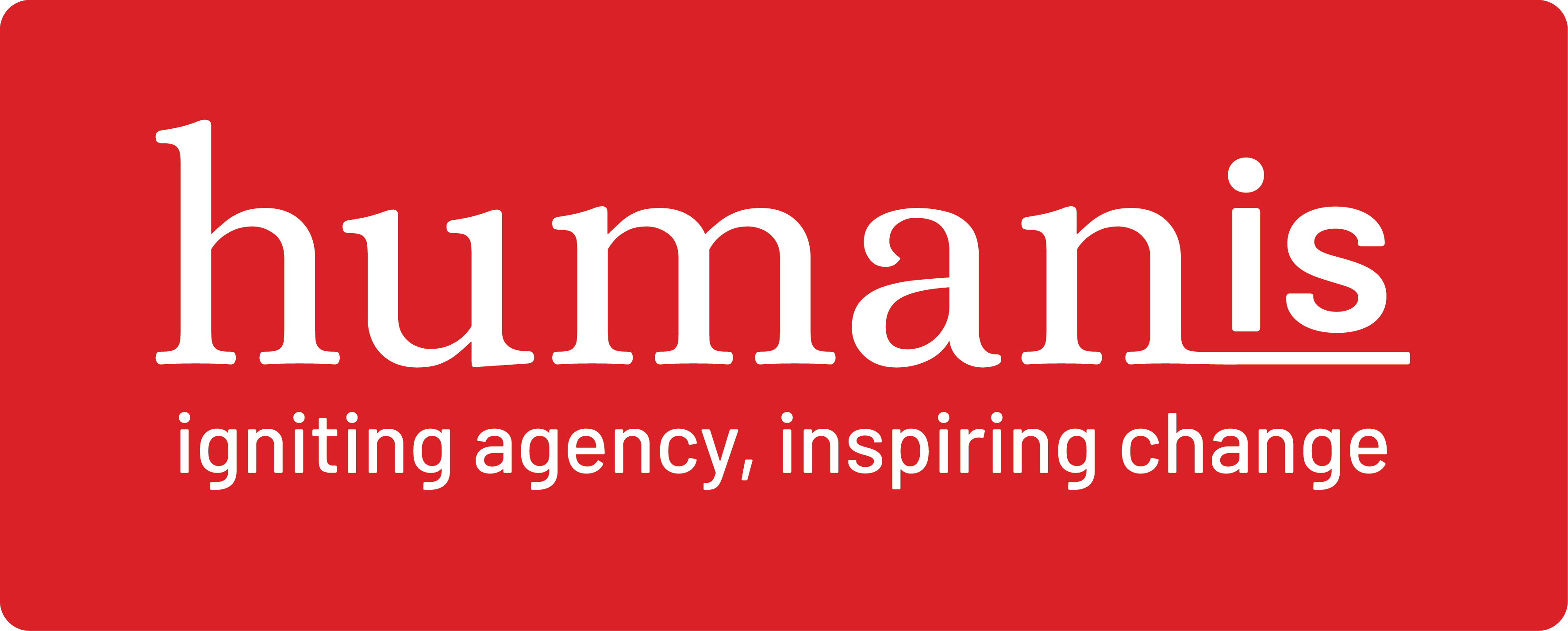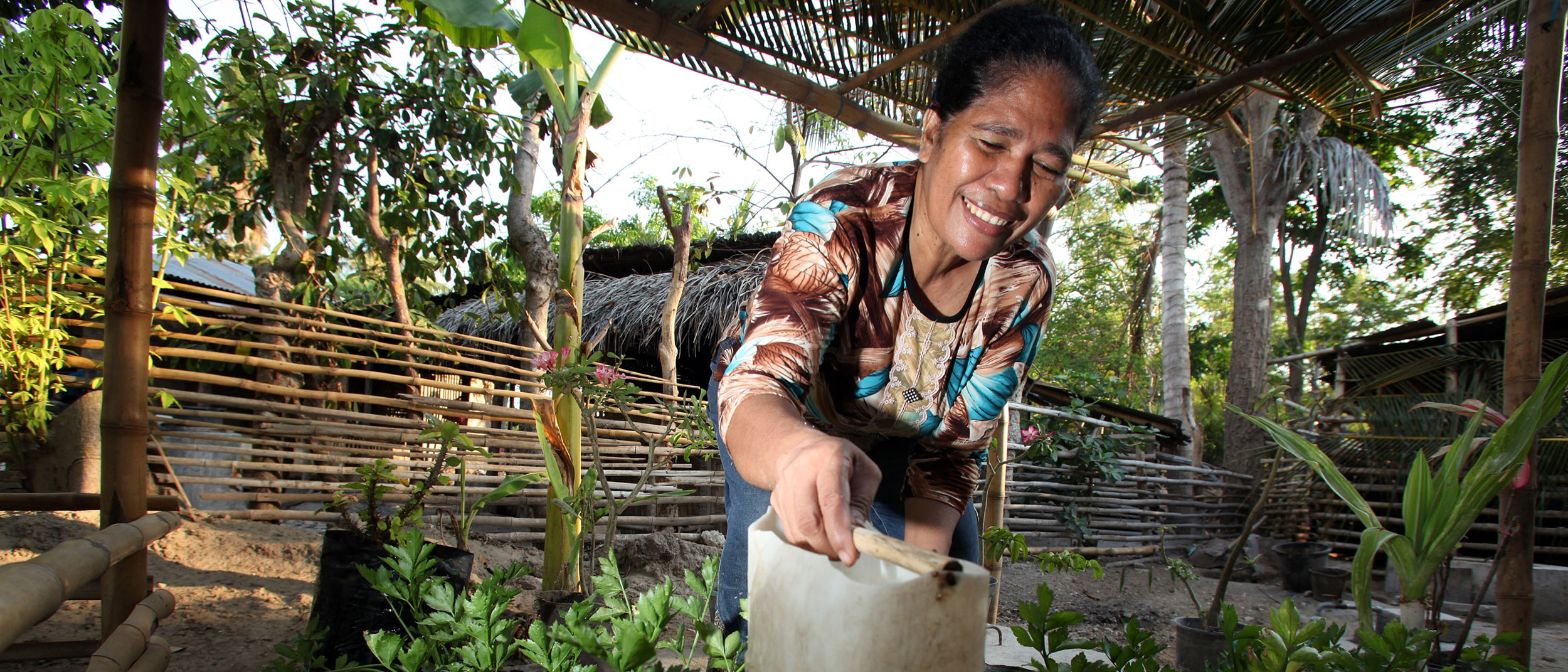Aim
To create a market-oriented sector of domestic biogas in Indonesia as a local sustainable energy source by developing a commercial, market-based approach that provides job and business opportunities for masons and local partner organizations in construction.
Where
Nine provinces in Indonesia (Lampung, Banten, East Java, Central Java, East Java, Bali, West Nusa Tenggara, East Nusa Tenggara and South Sulawesi).
Why
24.5 million,or 40 percent of households in Indonesia, mainly in rural areas, depend on traditional biomass as their primary cooking fuel. The resulting indoor pollution is responsible for an estimated 165,000 premature deaths a year.Domestic biogas provides a sustainable way for individual households with livestock to reduce their dependence on firewood and expensive fossil fuels. A biogas digester converts animal dung into biogas that can be used for cooking,and in some rural non-electrified areas,also for lighting. The bioslurry left over from this process is also an excellent organic fertilizer that can be used to improve crop yields.
How
IDBP, also called BIRU (Biogas Rumah), provides a flat subsidy (investment incentive) of US$220 per digester, benefiting low-income farmers even more than those better off. The farmer has to pay 60 to 80 percent of the investment cost, ranging from US$400 for a 4m3 sized digester to US$1000 for a 12m3 sized digester – a considerable amount for many small farmers. In selected areas,the national or district government also provides funding in cooperation with Hivos making use of BIRU’s corporate branding. BIRU means ‘blue’ and is an acronym for Biogas Rumah, which means“biogas for the home”.

